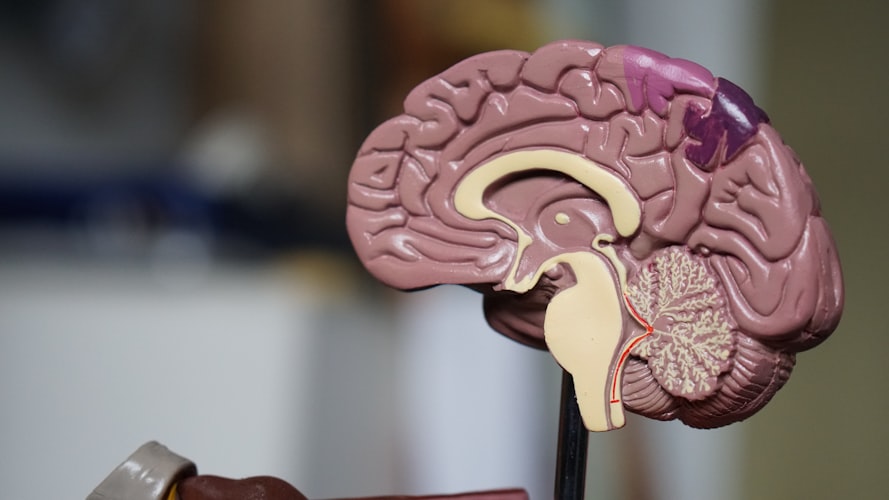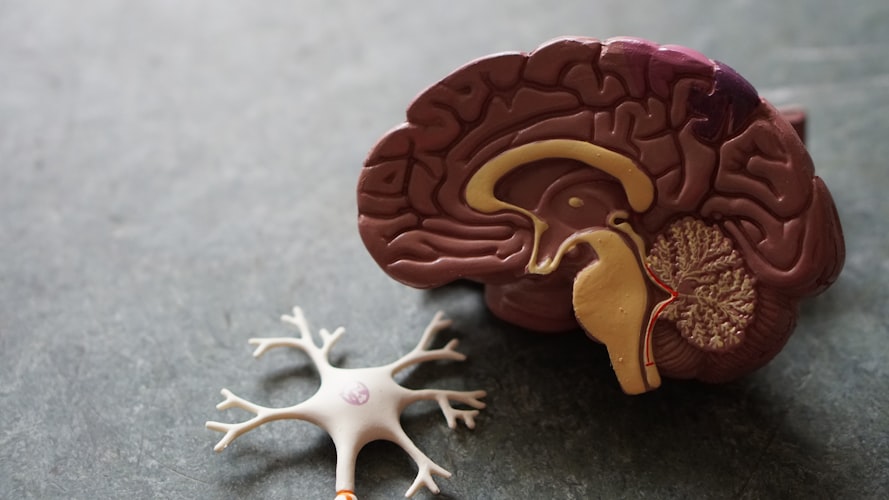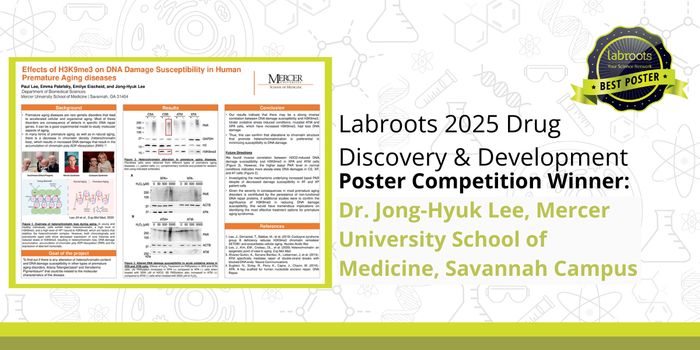Drug Preserves Brain Cells
Can we preserve brain cells even after years of hopeless research? Apparently, yes—according to a recent study published in the Lancet treating patients with ischemic stroke through a neuroprotective drug and a surgical intervention involving the removal of a clot.
The neuroprotective drug called ‘nerinetide’ was developed by NoNO Inc and was used in a double-blinded randomized trial led by a team at the Cumming School of Medicine's (CSM) Hotchkiss Brain Institute and Alberta Health Services.
In the study, patients who received nerinetide also received the clot-busting drug alteplase. However, patients who were not suitable for alteplase drug only received nerinetide. Regardless, both groups of patients received concurrent endovascular treatment (EVT) was applied to remove the clot.
“Compared to placebo, almost 20 per cent more patients who received nerinetide along with endovascular treatment, but did not receive alteplase, recovered from a devastating stroke -- a difference between paralysis and walking out of the hospital," says Dr. Michael Hill, MD, a neurologist at Foothills Medical Centre (FMC) and professor in the departments of Clinical Neurosciences and Radiology at the CSM. "In the patients who received both drugs, the alteplase negated the benefits of the nerinetide."
Nerinetide is a therapeutic that targets the final stage of a brain cell's life by inhibiting the secretion of nitric oxide from the cell. "We really believe this is a new scientific observation," says Hill. "There is evidence nerinetide promotes brain cell survival, offering neuroprotection until we can extract the clot. It opens the door to a new way of treating stroke."
The size of the damage from a stroke is visibly reduced from administering nerinetide and EVT is performed among patients not on alteplase.
"After so many studies investigating neuroprotective drugs failed, we are extremely excited by these results," says Dr. Mayank Goyal, MD, PhD, a neuroradiologist at the FMC, and clinical professor in the Department of Radiology at the CSM. "While nerinetide is not approved for use yet, it shows the potential of a new tool to promote recovery from stroke."
15 million suffer annually from a stroke and the results can be devastating that can permanently affect speech, vision, balance and movement.
Learn more on what happens during an ischemic stroke:
"The collaboration between NoNO Inc., the University of Calgary and investigators at 48 leading stroke hospitals around the world has shown how effective such an academic-industry partnership can be in running high-quality, foundational stroke trials that can lead to positive changes in clinical practice," says Dr. Michael Tymianski, MD, PhD, CEO of NoNO Inc. and the inventor of nerinetide.
Source: Science Daily










